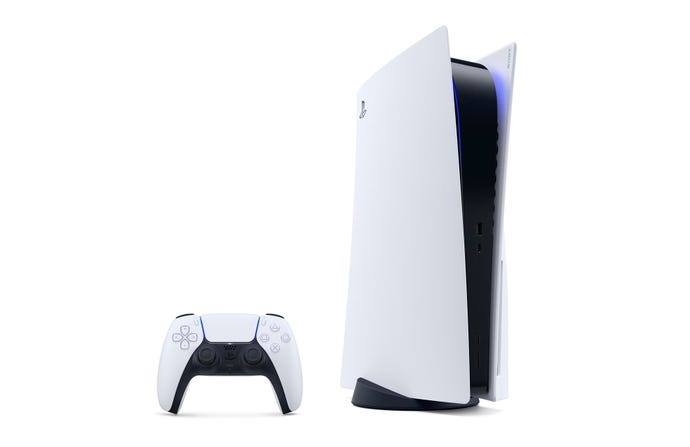How to turn off your PS5 using the controller, and what Rest Mode does
One of the weirdest things about a new console transition is learning about the things that have moved or changed - and on PS5, remotely turning your PlayStation off with the controller has moved!
If you didn't want to get up and press the physical button on the machine, back on the PS4 you could press and hold the PlayStation button from more or less anywhere in the system and you'd be able to get to a menu option to turn the machine off. On PS5, things have changed slightly: on the new machine you only need to tap the PlayStation button to bring up the wider menu with tiles, trophy progression, notifications and more. The power button is found to the far right of this menu - right in the corner, where it can at first be easily missed!
Pressing the power button will then give you the classic PlayStation power options that PS4 owners will be used to. You can Enter Rest Mode to keep your PS5 sort of half-on and able to do a few specific things (more on this later), completely Turn Off your PS5 (useful for saving power and also the option you must select before unplugging the machine to avoid data corruption), and finally the option to Restart your PS5, which just powers it off and then back on again, sometimes useful for dealing with errors.
The next question you might have is what the benefits are of Rest Mode, considering it keeps using power... so let us talk about that, briefly.
What PS5 can do Rest Mode
Rest Mode isn't a new feature for PS5, but for new owners of the machine it's worth understanding what this Standby Mode officially does. It essentially powers down your console but only into a suspended state, meaning it's still drawing a little bit of power, but not nearly as much as it would if fully turned on. By default, PS5 will always power down to Rest Mode when you press the physical power button, but you can change this in the settings if you wish.
Rest Mode has a few benefits for you, the player. This is why, unless you're especially power consumption conscious, you should probably keep your PS5 in rest mode:
- It'll charge your controller: when in rest mode, the PS5 will by default keep the USB ports powered for some time after being turned off. This means you can leave your DualSense controller plugged in and it'll be topped up the next time you use the machine. You can even plug in other USB devices to charge in the same way, and much of the time they'll work. In the System and Power Saving section of the PS5 settings menu, you can change how long the USB ports remain powered for after the PS5 turns off; by default, this is three hours.
- Your current game remains suspended: while the PS5 doesn't have an equivalent of Xbox's Quick Resume, which keeps games available to instantly boot even after the machine is unplugged entirely, PS5 can keep a game in its system memory in a suspended state - but only when in Rest Mode. Powering off to Rest Mode means if you boot the same game right away, you'll be put back in right where you left off.
- It unlocks Remote Play & Control features: with the PS5 in Rest Mode, you'll be able to remotely log in to the machine and make use of it from afar. That means you can use the PlayStation App on your phone to install games ready for when you return to the machine, or you can play games remotely on supported devices with Remote Play. For these features, you'll need to review the settings around turning on PS5 over the network in the System, Power Saving and Rest Mode sections of the console settings.
- Keep games and their saves up to date: while in Rest Mode, the PS5 can check in with the internet quietly in the background, keeping your most recently played games up-to-date. Likewise, if you have a PlayStation Plus membership and like saves to be uploaded to the Cloud, the PS5 can keep tally and ensure your saves are safely stored on the internet while it's idling in Rest Mode.


